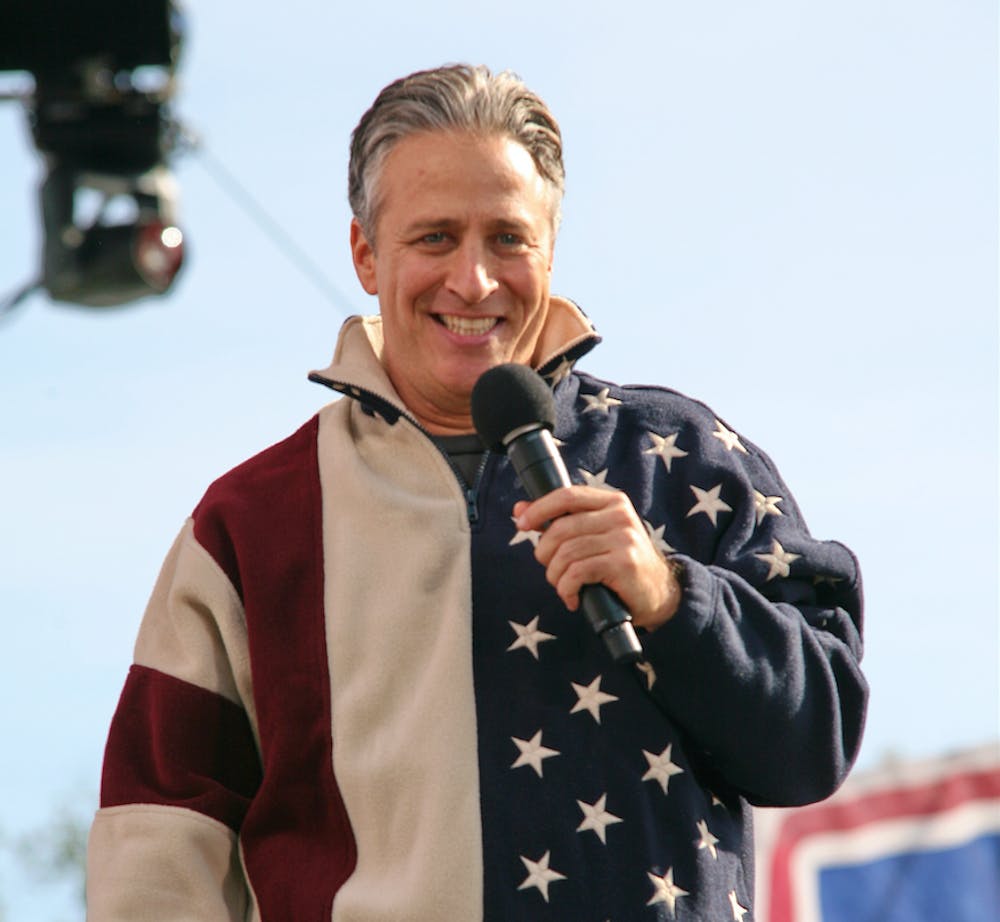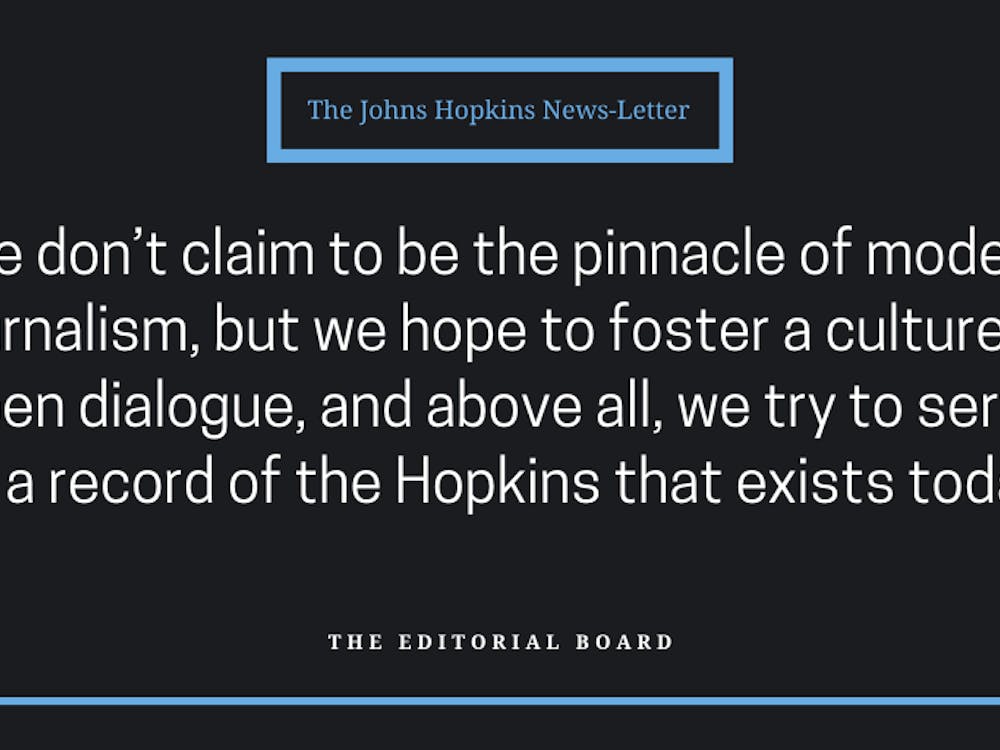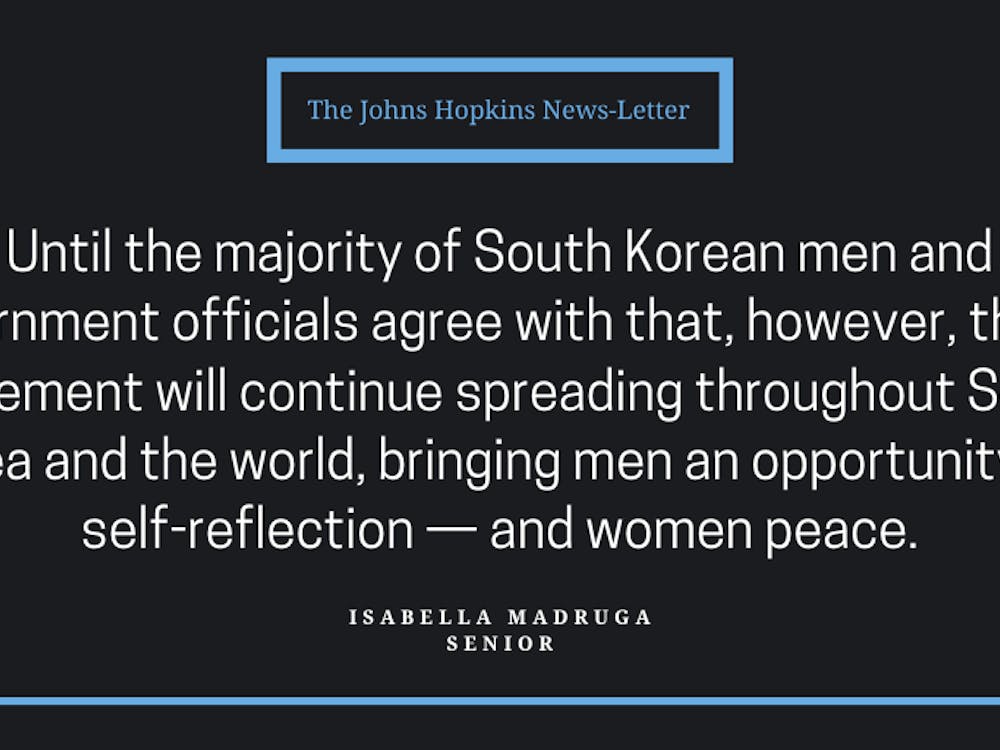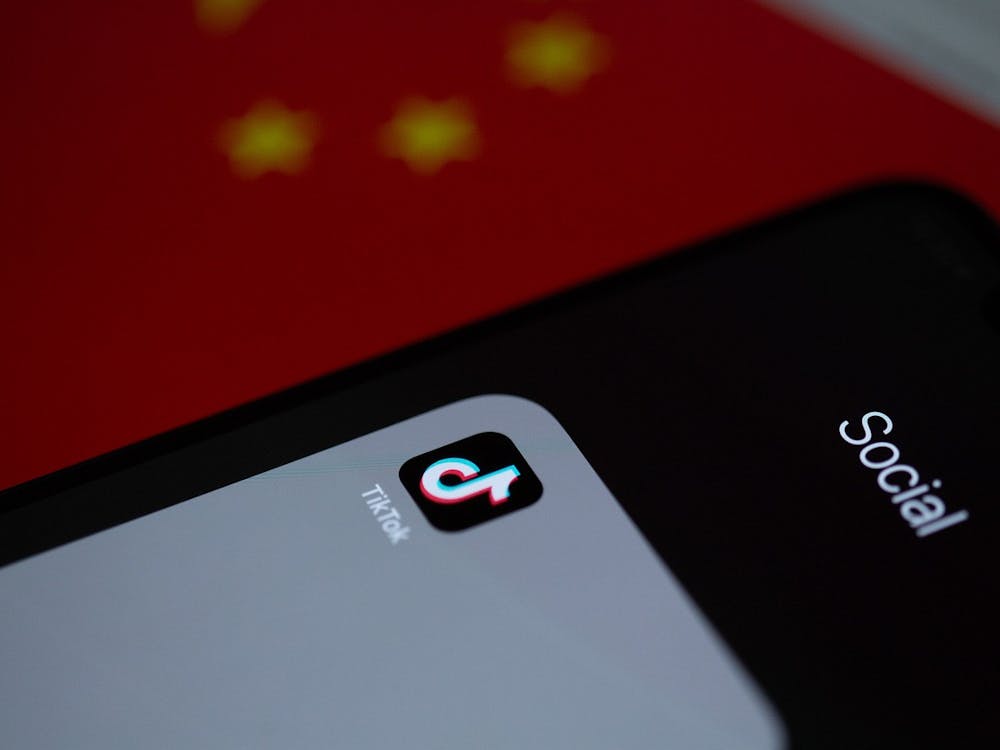Last Sunday was the 15th anniversary of the attacks of Sept. 11, 2001. I sat and watched the same two videos I have watched every year for the past few years. The first video is of President George W. Bush throwing out the first pitch of game three of the World Series at Yankee Stadium. The second is of John Stewart’s iconic return to The Daily Show following the attacks.
On Oct. 30, 2001, about six weeks after the attacks, President Bush arrived at Yankee Stadium to throw out the first pitch. Armed with a bulletproof vest, snipers ready in the bleachers and a secret service agent disguised as an umpire, he walked onto the field as chants of “USA, USA” erupted across the crowd. He threw a strike and departed to roaring cheers. It was a heartwarming moment that showed the resilience of the American spirit. The world heard us that night — no one could stop America’s blood from pumping.
That moment gave life to John Stewart’s words when he said, “You see, we’ve already won. It’s light. It’s democracy,” he continued. “The view from my apartment used to be the World Trade Center... and now, it is the Statue of Liberty.” At that moment in American history, he recalled, Martin Luther King Jr.’s dream had come true. We were all Americans above anything else.
I get emotional watching those videos. Full of thoughts, I open another tab, head to Facebook, paste the link and begin to type. And then I highlight it all and press delete. So many people, some much more intimately connected to the day than I, have already said something so beautifully. What more can I say? But this feeling, a loss for words, has been a recurring sensation recently.
By most standards, this seemed to be a particularly trying summer for the world. I felt as though I woke up to CNN news alerts more often than to my alarm clock. When I finally turned off the CNN news alerts, I found myself still consumed by the chatter on social media. From the Stanford rape case to police killings across the country and the subsequent attack on Dallas police officers, to the catastrophes in Turkey, Syria, Thailand, Nice, San Bernardino and an Orlando nightclub. The list goes on.
The subsequent onslaught of social media posts made it worse. My words vanished, which, as those close to me know, is something that rarely happens to me. Even if I had been able to find them, I was unsure of what another post could do — garner likes from those who agreed, or anger friends who didn’t? So I gave it up for the summer. I quickly realized how social media is ruining us and our political landscape.
It begins the moment we create a personal profile. We post pictures, we list our birth date, we pick a cute quote and we create a relationship status. Once this profile is created, we add friends and like articles and pages. Then we post and comment and like and share. Sometimes, we write about politics. This is a natural by-product of the way social media produces and reproduces news content.
However, the instant we combine politics with our very personal profiles, we have made ourselves and our political beliefs inseparable. The connection is personal enough to start arguments in a virtual world, yet just impersonal enough to keep us from true human interaction. People evolve from friends and classmates into political beliefs, and as we continue to like and share content, Facebook’s formula creates a virtual reality that only shows us articles and people whom we agree with — an individualized, self-affirming, virtual reality.
In the anarchic world of social media, everyone is an expert, everything is personal and everyone is angry. The speed at which we consume information hinders our ability to process, to listen or to understand. When everything is 140 characters, we forget conversation. When everything is an edited video clip, we forget the other minutes of the day. The cycle fosters and is entirely dependent on our knee-jerk anger. As a result of the speed at which we consume the information, the intensity with which we voice our displeasure is often disproportionate to the problems at hand. Objectively, the pain this country felt over the death of 49 people at Pulse, a gay nightclub in Orlando, should have been greater than our anger over a gorilla at the Cincinnati zoo. Instead, the fervor on social media was virtually indistinguishable. Worse, the pain of the shooting at Pulse devolved into a political debate.
Our angry politicians took to Snapchat and Twitter to show themselves sitting on the floor of the House, lobbying for the passage of a gun bill (that never happened). It was not their fault. They used the medium they had at their disposal to display the frustration they felt. The problem is, that medium is forever weakening our ability to interact with each other on a truly personal level. We skipped grief and instead went up in arms, ready to fight. We relied on the chaotic anarchy of social media to light the fire. We boldly posted “unfriend me if you disagree.” We yelled and argued. We solved nothing. In the end, it didn’t even matter if they were right because nothing got better. The only thing we refused to try was working together.
I blame social media for fundamentally altering the way we interact with each other. Though I will not pretend to be old enough to remember life in 2001, when I watch John Stewart every year, I see a spirit that is missing from the world I see today. America is not perfect, Hopkins is not perfect, we are not perfect. But I’d still like to believe that if the world tested our mettle again, before we turned to post about it, we would remember again that we are all Americans. I’d even like to believe we can remember a little sooner than that.
Liam Haviv is a senior Political Science major from Tel Aviv, Israel.
Correction: The article previously stated that 51 people were murdered in the Pulse shooting. Forty-nine were killed.
















Please note All comments are eligible for publication in The News-Letter.